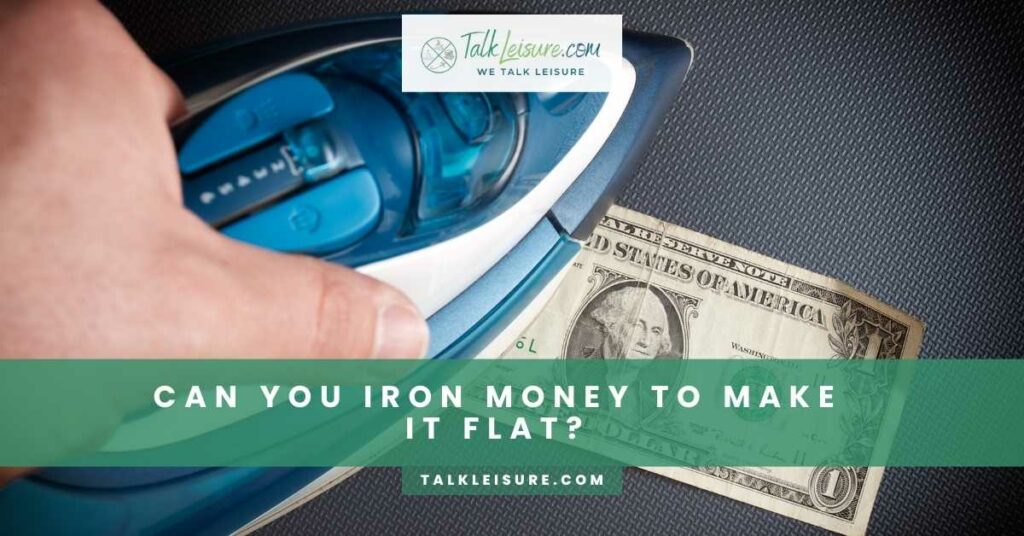Have you ever looked around your home and felt overwhelmed by the amount of clutter and excess?
Perhaps you’ve found that your spending habits have become excessive, leading to financial strain.
If so, you may benefit from adopting a minimalist lifestyle.
Minimalism is not only about simplifying your possessions, but it can also lead to significant savings.
In this blog post, we’ll explore some simple ways to embrace minimalism and save money while doing so.
Whether you’re looking to streamline your lifestyle or free up some additional cash, these tips will help you achieve your goals. So why not give it a try?
Let’s dive in and discover how to be a minimalist and save money.
What Is Called Minimalist?
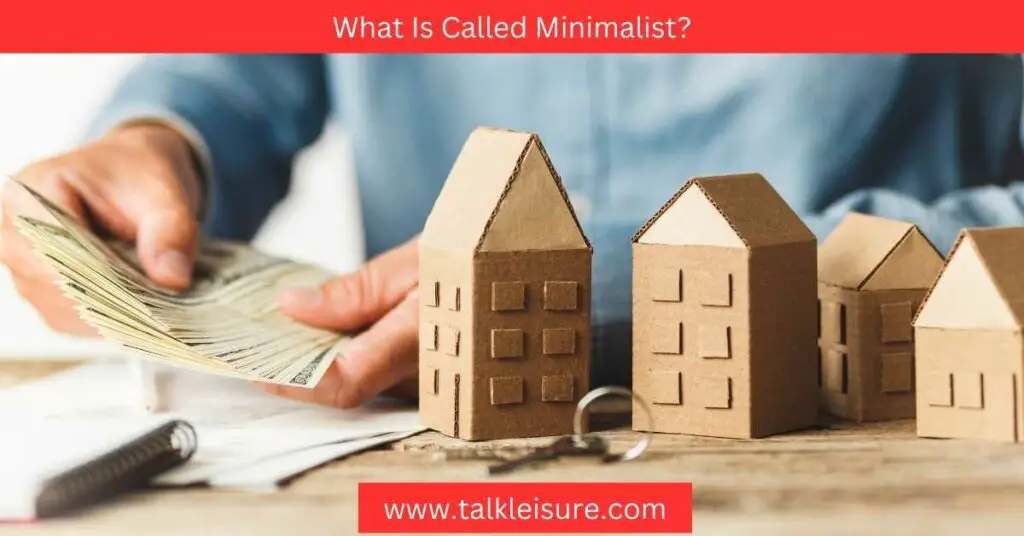
Minimalism is a lifestyle choice that focuses on living with only the essentials and eliminating excess possessions and clutter.
It is about simplifying and decluttering every aspect of life, including physical possessions, daily routines, and even financial habits.
By practicing minimalism, individuals aim to create a sense of freedom, reduce stress, and live a more intentional and fulfilling life. Minimalist always be frugal to save money.
Minimalists prioritize experiences over material possessions and make intentional choices when it comes to their purchases.
They aim to live with less, avoid unnecessary expenses, and focus on what truly brings them joy and fulfillment in life.
Step-by-Step Guide to Becoming a Minimalist and Saving Money
Becoming a minimalist and saving money can be achieved through a step-by-step process.
Shop With a Purpose and Avoid Impulse Purchases
When it comes to becoming a minimalist and saving money, one of the key strategies is to shop with a purpose and avoid impulse purchases.
Instead of buying things on a whim or just because they’re on sale, take the time to consider whether you truly need or want the item.
Ask yourself if it serves a specific purpose or if it will bring you joy.
By being intentional with your purchases, you can avoid cluttering your home with things you neither use nor love.
It’s all about making thoughtful and deliberate decisions based on the value the item will add to your life.
So next time you’re tempted to make an impulse purchase, take a step back and shop with a purpose.
Reduce Excess Possessions and Only Keep What You Need
In the pursuit of minimalism and saving money, one important step is to reduce excess possessions and only keep what you need.
By decluttering your home and getting rid of items that no longer serve a purpose or bring you joy, you can create a more organized and peaceful living space.
This not only saves you money by preventing unnecessary purchases, but it also allows you to appreciate and value the things that truly matter to you.
When you have fewer possessions, you can easily find and use the items you need, leading to a more efficient and streamlined daily life.
Embracing a minimalist mindset helps you prioritize quality over quantity and focuses on what truly adds value to your life.
Simplify Your Daily Routine to Save Time and Money
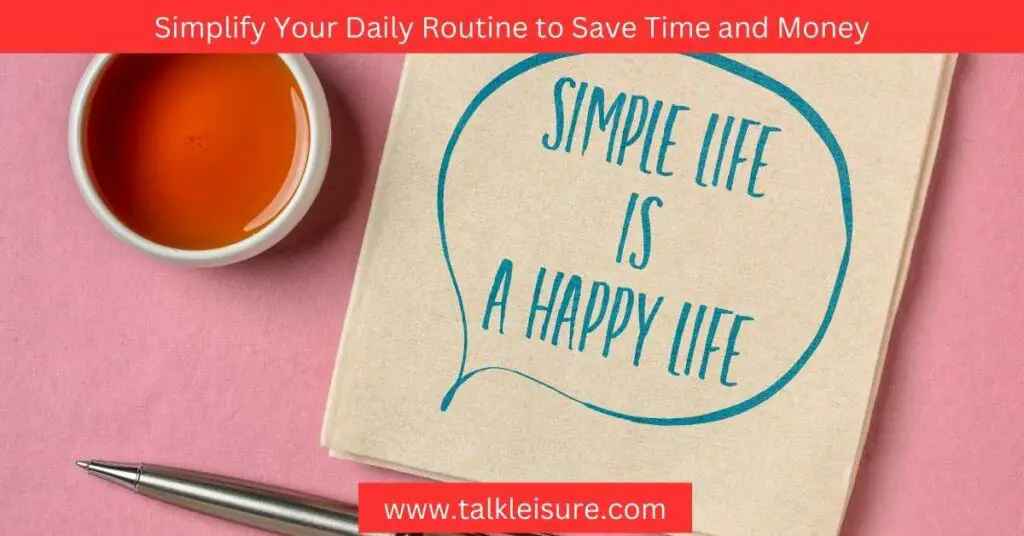
Simplifying your daily routine can have a significant impact on both your time and your wallet.
By streamlining your schedule and eliminating unnecessary tasks, you can save valuable time that can be used for more important priorities.
Additionally, simplifying your routine can help cut down on expenses.
For example, by planning your meals ahead of time, you can avoid last-minute takeout orders that can quickly add up.
Similarly, focusing on essential tasks and eliminating time-wasting activities can help you be more productive and potentially lead to financial gains.
Overall, simplifying your daily routine is a practical and effective way to save both time and money.
Invest in Quality, Long-lasting Items Instead of Disposable Ones
When practicing minimalism, one important principle to follow is to invest in quality, long-lasting items instead of disposable ones.
While it may be tempting to opt for cheaper and more disposable products, choosing quality over quantity can actually save you money in the long run.
Investing in durable items ensures that you won’t have to constantly replace them, ultimately reducing your expenses.
For example, purchasing a high-quality, long-lasting pair of shoes may have a higher upfront cost, but it will save you from having to buy multiple pairs of cheaper shoes that wear out quickly.
By choosing quality over disposability, you not only save money but also contribute to a more sustainable lifestyle.
Find Joy in Experiences Rather than Material Possessions
Find joy in experiences rather than material possessions is a core principle of minimalism.
It encourages us to shift our focus from accumulating things to cherishing moments and creating memories.
Instead of constantly seeking the next purchase, we can find happiness in the activities and adventures that bring us fulfillment.
Whether it’s exploring nature, trying new hobbies, or spending quality time with loved ones, these experiences have a lasting impact on our well-being.
By embracing this mindset, we can cultivate a richer and more meaningful life that goes beyond the temporary satisfaction of material possessions.
Ultimately, it’s about finding value in the intangible and treasuring the moments that truly matter.
Track Your Spending and Set Financial Goals
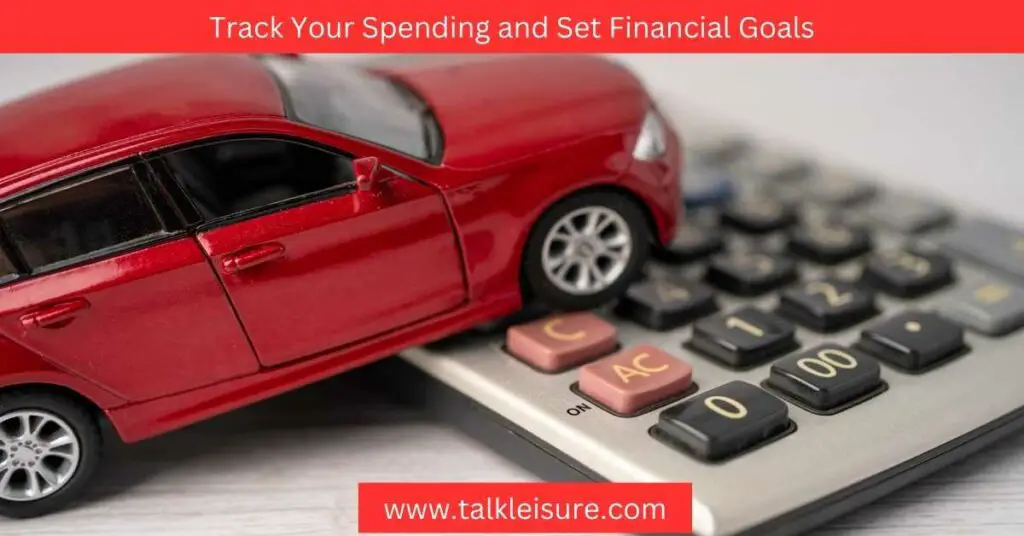
Tracking your spending and setting financial goals are essential steps in becoming a minimalist and saving money.
By keeping a close eye on where your money is going, you can identify areas where you can cut back on unnecessary expenses.
This awareness allows you to prioritize your spending and focus on what truly matters to you.
Additionally, setting financial goals gives you a clear direction and purpose for your money.
Whether it’s paying off debt, saving for a big purchase, or building an emergency fund, having specific goals helps you stay motivated and disciplined.
By tracking your spending and setting financial goals, you’ll be on your way to achieving financial freedom and living a minimalist lifestyle.
Practice Gratitude for What You Already Have.
Practicing gratitude is an important aspect of minimalism.
When you focus on what you already have and appreciate it, you naturally feel more content and satisfied with your life.
Being grateful for the possessions, experiences, and relationships you have can help you shift your mindset away from always wanting more.
It’s about finding joy in the present moment and being aware of the abundance in your life.
By practicing gratitude, you can also prevent unnecessary spending and impulse purchases because you’re already content with what you have.
Take a moment each day to reflect on what you’re grateful for and let that gratitude guide your decision-making and lifestyle choices.
Selling Unneeded Items or Downsizing
Selling unneeded items or downsizing is a key aspect of becoming a minimalist and saving money.
When you declutter your space and pare down your possessions, you may find that some items that don’t bring you joy could have value to someone else.
By selling these items, you not only free up physical space but also generate some extra funds that can be directed towards your financial goals.
Additionally, downsizing your living space can potentially reduce your cost of living, whether it means moving to a smaller apartment or buying a smaller home.
This can lead to significant savings in terms of rent or mortgage payments and utility bills.
Overall, selling unneeded items and downsizing can help you simplify your life and improve your financial situation.
Simplifying Your Wardrobe and Shopping Habits
Simplifying your wardrobe and shopping habits is a key component of minimalism and can help save you money in the process.
By decluttering your wardrobe and only keeping the items you truly love and wear regularly, you can eliminate decision fatigue and reduce the time and money spent on constantly buying new clothes.
Building a minimalist wardrobe involves analyzing your current closet, identifying your personal style, and purging any items that don’t align with it.
Additionally, adopting a mindset of mindful shopping, where you only purchase items that add value and serve a purpose, can prevent impulse purchases and unnecessary spending.
By simplifying your wardrobe and shopping habits, you can free up space, time, and money for the things that truly matter to you.
Creating a Budget and Sticking to It
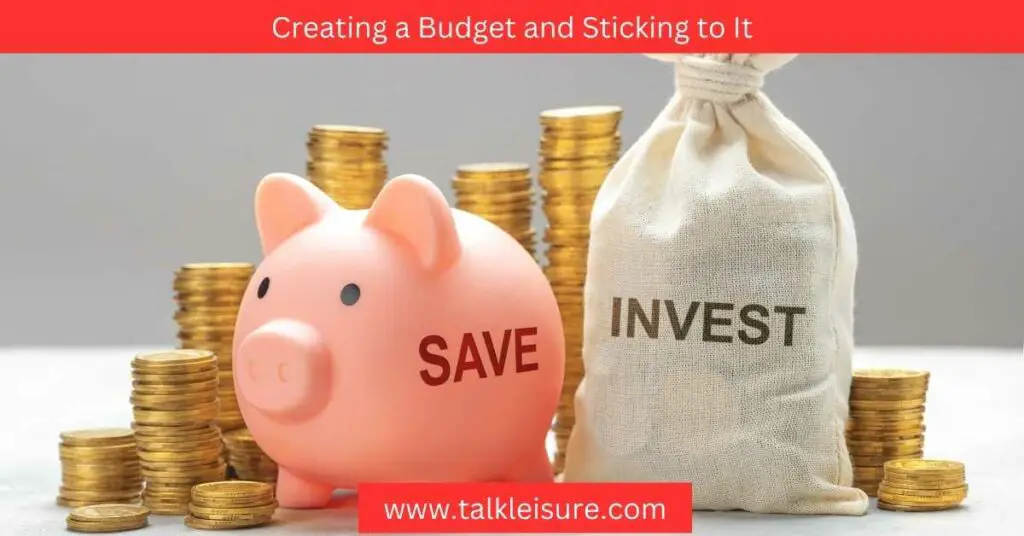
Creating a budget and sticking to it is an essential step in becoming a minimalist and saving money.
It allows you to have a clear understanding of your income and expenses, helping you make intentional decisions about how you spend your money.
To create a budget, start by listing all of your monthly expenses and categorizing them. Look for areas where you can reduce spending, such as cutting back on eating out or canceling unnecessary subscriptions.
Set spending limits for each category and track your expenses regularly to ensure you stay on track.
Remember to review and adjust your budget as needed to align with your financial goals.
By sticking to a budget, you can live within your means and prioritize spending on what truly matters to you.
Bottom Line
In conclusion, becoming a minimalist can have significant financial benefits.
By practicing minimalism, you can save money by reducing unnecessary spending, lowering your cost of living, and finding satisfaction in owning fewer possessions.
This mindset shift away from consumer culture allows you to focus on experiences rather than material possessions.
Selling unneeded items, downsizing, and simplifying your wardrobe are practical ways to declutter and save money.
Creating a budget, tracking your spending, and setting financial goals are also essential steps in achieving financial freedom through minimalism.
Ultimately, the bottom line is that spending less than you make is crucial for both minimalism and financial success.
FAQ
How Do I Become A Successful Minimalist?
Becoming a successful minimalist involves adopting a mindset of intentional living and making conscious choices about what adds value to your life. Start small by evaluating what currently serves a purpose in your life and what may be unnecessary. Reduce excess possessions and focus on keeping only what you truly need. Simplify your daily routine and invest in quality, long-lasting items instead of disposable ones. Find joy in experiences rather than material possessions. Track your spending and set financial goals to ensure you are saving money. Practice gratitude for what you already have. Embrace the ongoing process of minimalism and make adjustments as needed to create a more focused and clutter-free life.
Is Minimalism A Good Way To Live?
Minimalism is a personal lifestyle choice that focuses on living with less and simplifying your life. Whether it’s a good way to live depends on your values and goals. Many people find that minimalism brings a sense of peace, clarity, and freedom from material possessions. It can help you save money, reduce clutter, and prioritize experiences over material things. However, minimalism may not be for everyone, and it’s important to consider your own needs and desires before adopting this lifestyle.
Can Minimalism Lead To Financial Freedom?
Yes, minimalism can lead to financial freedom. By embracing minimalism, individuals can reduce their spending and prioritize their needs over wants. It allows for a shift in mindset away from consumer culture and encourages intentional living. Minimalism helps individuals save money by cutting back on unnecessary purchases, simplifying their daily routines, and finding joy in experiences rather than material possessions. Additionally, selling unneeded items, downsizing, and practicing gratitude for what one already has can contribute to financial freedom. Ultimately, minimalism encourages a more mindful and intentional approach to personal finances, allowing individuals to live within their means and achieve financial goals.





